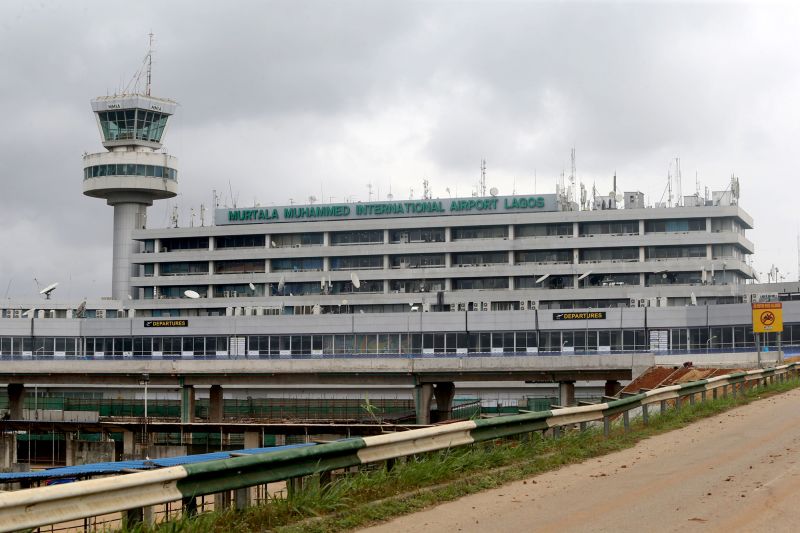
Minimum Wage Protest Puts Nigeria in the Dark: Union Workers Paralyze National Grid
In a remarkable display of unity and strength, Nigerian union workers effectively halted the operations of the national electrical grid. This formidable action was part of a wider protest confronting the government over minimum wage issues. The nationwide grid shut down plunged the country into a sprawling darkness, exemplifying the palpable discontent aired by a large segment of the national workforce. It further underscored the significant role that labor unions continue to play in the socio-economic fabric of Nigeria.
The union workers, represented mainly by the Nigeria Labour Congress (NLC) and the National Union of Electricity Employees (NUEE), undertook the grid shutdown as an intense negotiating tool. Their aim was unambiguous: to push the government to revise and increase the minimum wage that has remained stagnant for years, notwithstanding the skyrocketing cost of living in the flourishing African nation.
The grid blockade’s immediate impact was far-reaching and devastating. Nigeria, Africa’s most populous country, comprises over 200 million people spread out over a vast territory – a majority of whom rely on the public power supply for their livelihoods and everyday activities. The unexpected grid shutdown crippled numerous everyday activities, from the simplest household tasks to business and industrial operations.
The healthcare sector was particularly hard hit by the power outage. In numerous hospitals across the country, the unavailability of electricity translated to life-threatening situations as critical medical equipment ceased to function. This repercussion threw up a mirror for the Nigerian government, underlining the critical need to address the wage discrepancy issue rapidly and conclusively.
In addition, the abrupt blackout dealt a heavy blow to the nation’s economy. As businesses were forced to halt operations due to the absence of electricity, the industrial sector experienced a slowdown. Many sectors, notably manufacturing and telecommunication, also suffered significantly. The combined effect of the power outage dealt a severe blow to the nation’s economic productivity, leading to an immediate financial loss.
Interestingly, the power crisis also revealed a hidden layer of societal inequality, exposing the chasm between those who could afford to navigate through the blackout with private power generators and those who could not. The electricity crisis emphasized the widespread economic hardships endured by the Nigerian working class, further highlighting the contentious minimum wage issue at stake.
It is crucial to underscore that the protest, climaxing through a nation-wide blackout, is not merely about wages or the physical constraints put across the country; it is quintessentially a call for a transformational change. A change that not only addresses fair wage structures but also constructs a more

